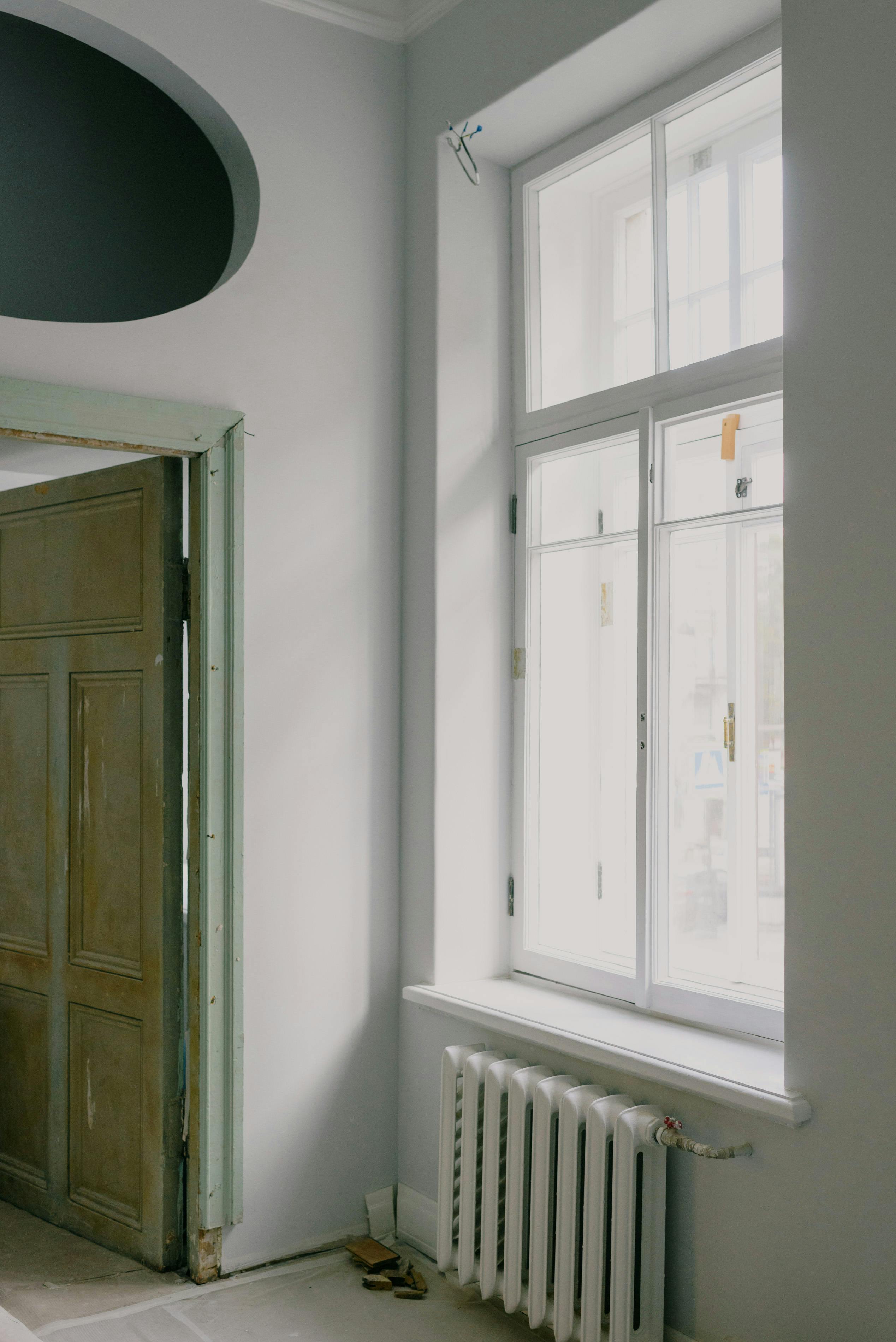
Introduction to Conventional Boilers
A staple in numerous UK homes, conventional boilers, also known as regular or traditional boilers, have stood the test of time. What are conventional boilers, and why do they remain a popular choice for homeowners? Our in-depth guide covers the essential points about conventional boilers, their functionality, benefits, and why they continue to be a go-to solution for UK residents.
Understanding Conventional Boiler Systems
Conventional boiler systems are often associated with the phrase 'traditional heating systems.' This association comes from the fact that these systems have been in operation since the onset of centralized heating and continue to operate in many homes across the UK today. They consist of a boiler, an expansion cistern, and a hot water storage cylinder.
Unlike modern combi and system boilers that heat water directly from the mains, conventional boilers heat the water and store it in a cylinder for use when needed. They use a heating and hot water system linked to two tanks in the loft: one cold water storage tank that feeds water into the system, and another known as the feed and expansion tank, which replenishes the central heating system with water and accommodates any expansion that occurs when the water is heated.
Why Use a Conventional Boiler?
One might question the relevance of conventional boilers given the advent of more modern compact boilers. The answer lies in some distinct advantages they offer.
Firstly, conventional boilers are excellent for larger homes with multiple bathrooms, or houses where a high demand for hot water is required simultaneously from different outlets. This is due to the large hot water cylinder that can store and deliver hot water to multiple outlets without affecting the water pressure.
Secondly, these boilers work well in areas with low water pressure, an issue that may affect the operations of certain modern boilers. Conventional boilers use a gravity-fed system, making them impervious to low pressure issues.
Thirdly, it's easier to replace a conventional boiler in a property that already has one installed. Since the necessary pipework and tanks are already in place, it can save homeowners money and time on installation.
The Diplomacy of Choice: Conventional vs. Modern Boilers
While conventional boilers do have numerous advantages, one must consider the inherent downsides before making a decision. Conventional boilers are not as efficient as their modern, combi, and system counterparts; they might require additional insulation for the hot water cylinder to maintain energy efficiency. Additionally, the physical size of these systems, particularly the tanks, requires significant space.
Modern boilers, on the other hand, have their own set of advantages – from compact size to high energy efficiency. However, they might underperform in larger properties or those with multiple bathrooms. The trade-off between the two boiler types hinges on the specific demands and constraints of the property.
Conventional Boiler Popularity in UK Homes
While modern boilers are gaining ground, the traditional, tried-and-true conventional boilers remain a common sight in many UK homes. Their unique ability to deliver high volumes of hot water to multiple outlets simultaneously makes them unbeatable in larger homes. Coupled with their operational resilience in areas with low water pressure, conventional boilers continue to be a reliable and practical choice.
In conclusion, when considering home improvements or replacements for your heating systems, it is essential to balance the pros and cons of conventional and modern boilers. Evaluating factors such as your home size, water usage, and locale's water pressure can guide you to make the best choice for your home and lifestyle. Conventional boilers, despite being an 'older' technology, continue to offer unique advantages that make them a popular choice in many UK households.